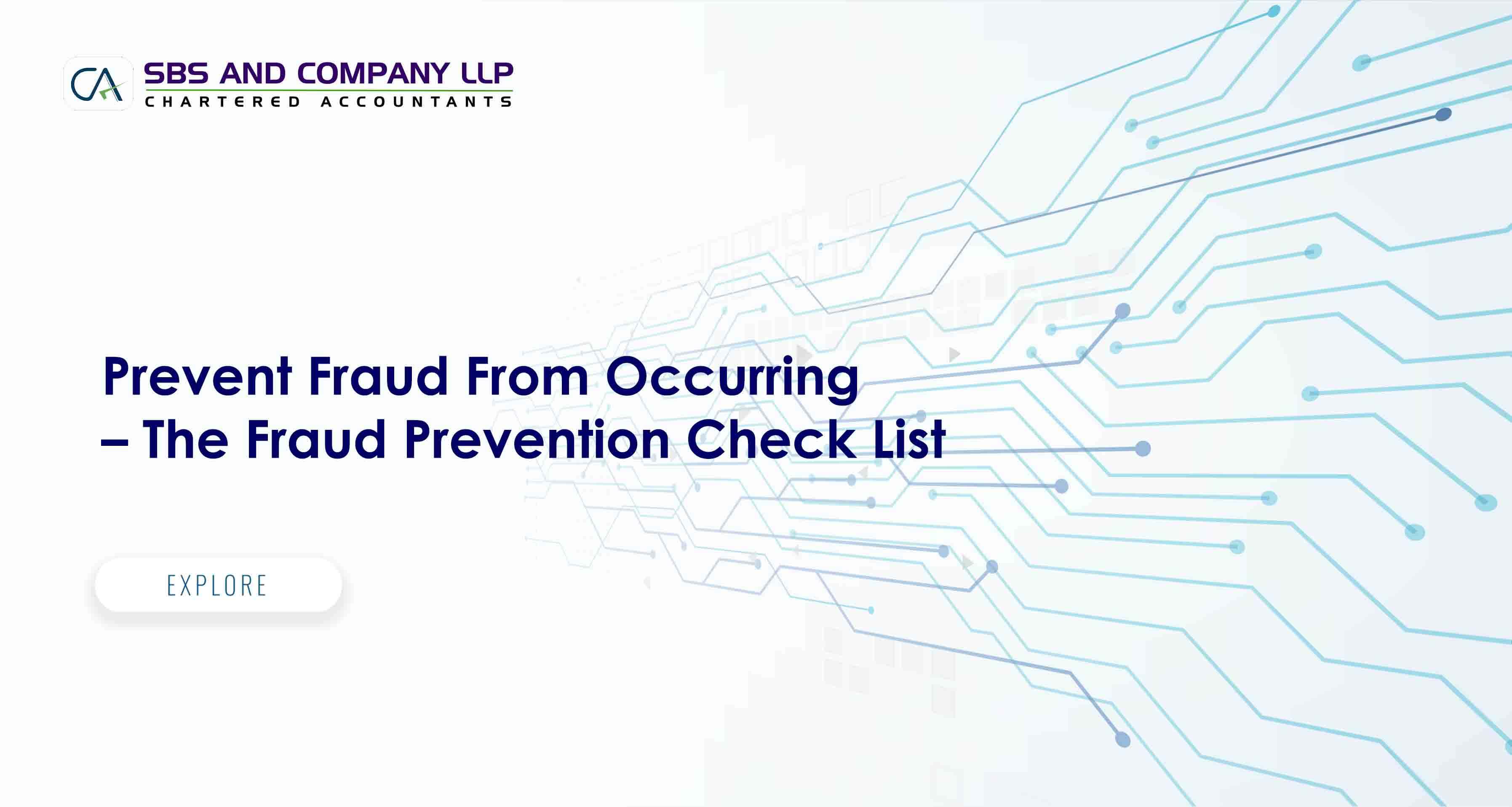Organizations face numerous risks to their success; economic risk, disaster risk, supply-chain risk, regulatory risk, and technology risk all affect organizations in different ways and to varying degrees. While fraud risk is just one of the many entries on this list, it is universally faced by all business and government entities. Any organization with assets is in danger of those resources being targeted by dishonest individuals. And, unfortunately, a notable portion of that threat comes from the very people who have been hired to carry out the organization’s operations.
Organizations of different sizes tend to have different fraud risks. Corruption was more prevalent in larger organizations, while cheque tampering, skimming, payroll, and cash larceny schemes were twice as common in small organizations as in larger organizations.
As per the recent report by Association of Certified Fraud Examiners (ACFE), the total loss caused by the cases in their study exceeded $6.3 billion, which an average loss per case of $2.7 million. Approximately two-thirds of the cases reported to ACFE targeted privately held or publicly owned companies.
Smaller organizations had a significantly lower implementation rate of anti-fraud controls than the large organizations. This gap in fraud prevention and detection coverage leaves small organizations extremely susceptible to frauds that can cause significant damage to their limited resources.
The most cost-effective way to limit fraud losses is to prevent fraud from occurring. The following is the checklist designed by ACFE to help organizations test the effectiveness of their fraud prevention measures.
- Is ongoing anti-fraud training provided to all employees of the organization?
- Do employees understand what constitutes fraud?
- Have the costs of fraud to the company and everyone in it — including lost profits, adverse publicity, job loss, and decreased morale and productivity — been made clear to employees?
- Do employees know where to seek advice when faced with uncertain ethical decisions, and do they believe that they can speak freely?
- Has a policy of zero-tolerance for fraud been communicated to employees through words and actions?
- Is an effective fraud reporting mechanism in place?
- Have employees been taught how to communicate concerns about known or potential wrongdoing?
- Is there an anonymous reporting channel, such as a third-party hotline, available to employees?
|
|
q Do employees trust that they can report suspicious activity anonymously and/or confidentially and without fear of reprisal?
q Has it been made clear to employees that reports of suspicious activity will be promptly and thoroughly evaluated?
q Do reporting policies and mechanisms extend to vendors, customers and other outside parties?
3. To increase employees’ perception of detection, are the following proactive measures taken and publicized to employees?
q Is possible fraudulent conduct aggressively sought out, rather than dealt with passively?
q Does the organization send the message that it actively seeks out fraudulent conduct through fraud assessment questioning by auditors?
q Are surprise fraud audits performed in addition to regularly scheduled audits?
q Is continuous auditing software used to detect fraud and, if so, has the use of such software been made known throughout the organization?
4. Is the management climate/tone at the top one of honesty and integrity?
q Are employees surveyed to determine the extent to which they believe management acts with honesty and integrity?
q Are performance goals realistic?
q Have fraud prevention goals been incorporated into the performance measures against which managers are evaluated and that are used to determine performance-related compensation?
q Has the organization established, implemented and tested a process for oversight of fraud risks by the board of directors or others charged with governance (e.g., the audit committee)?
5. Are fraud risk assessments performed to proactively identify and mitigate the company’s vulnerabilities to internal and external fraud?
6. Are strong anti-fraud controls in place and operating effectively, including the following?
q Proper separation of duties
q Use of authorizations
q Physical safeguards |
||
|
|
q Job rotations |
|
|
- Mandatory vacations
- Does the internal audit department, if one exists, have adequate resources and authority to operate effectively and without undue influence from senior management?
- Does the hiring policy include the following (where permitted by law)?
- Past employment verification
- Criminal and civil background checks
- Credit checks
- Drug screening
- Education verification
- References checks
- Are employee support programs in place to assist employees struggling with addiction, mental/emotional health, family or financial problems?
- Is an open-door policy in place that allows employees to speak freely about pressures, providing management the opportunity to alleviate such pressures before they become acute?
- Are anonymous surveys conducted to assess employee morale?
We strongly recommend every organization to circulate the above fraud prevention checklist and seek the answers from Individual level as well as from the Organization level.
This article is contributed by Partners of SBS and Company LLP - Chartered Accountant Company. You can be reached at This email address is being protected from spambots. You need JavaScript enabled to view it.



